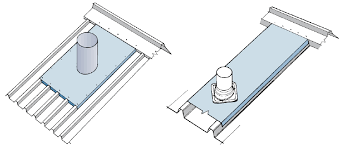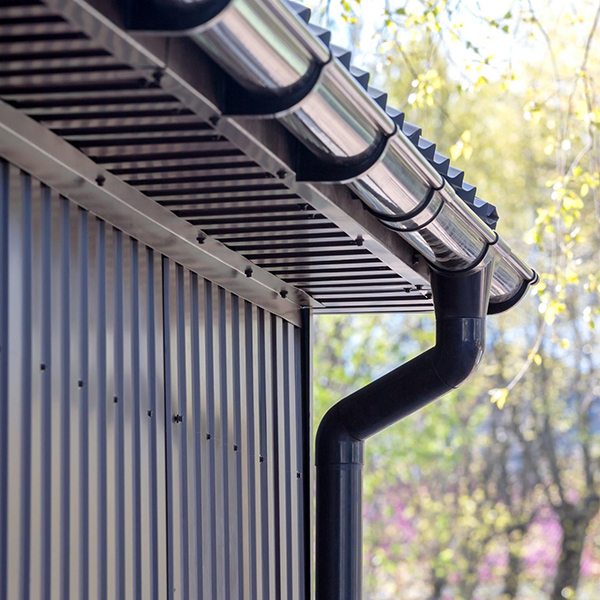Plumbing, Drain-laying and Gas-fitting | Level 3 | 2022
Whakarāpopoto kaupapa
-
Common Tools & Materials Used
This is a 'Dektite' it is a very commonly used form of sealing around roof or cladding penetrations. they come in various sizes and can be cut to fit perfectly around the penetration.
This is a lead Decktite comes premade for use on clay tiled roofs to seal penetrations. Can be manipulated into the shape of the tiles.

This is a Soaker flashing these are normally used in conjunction with Dektite's, and must be used to seal any penetration over 85mm.
This is a Ridge Flashing, used to create a seal where the two runs of roofing profile meet on the top of the roof. The flexible soft edge is shaped to the profile of the roofing material to stop water and debris getting in. This is corrugated 'colour steel' a very common roofing and cladding material, this type in the picture is called 'long run' as one length can be run down the length of the roof line eliminating the need to overlap, reducing the chance of leaks. Here the steel is used as a roofing and cladding material. This is a Trough profile type of roof cladding sometimes called 'Pan Deck', it is normally used on roofs with minimum fall, to allow for slight water build up before running into the gutter. These are Aviation snips, they are left, right and straight. Green snips are designed to cut clockwise curves and red snips to cut counterclockwise curves. This is a Nibbler it is designed to cut sheet steel, you can cut shapes and trim down steel. 
This is a Gutter and Spouting profile, it is designed to take water than comes off the roof away from the building structure. It can be made from formed steel or plastic based and can come in a variety of colours. These are 'Tek' screws they come designed to fix into wood and metal, these are the most common used fixing in roof cladding. They come in different lengths and have rubber rings on the end to seal to the roof cladding. These are just the most common used in the industry. There are hundreds of different fixings and materials used each have their own specific use and design features.